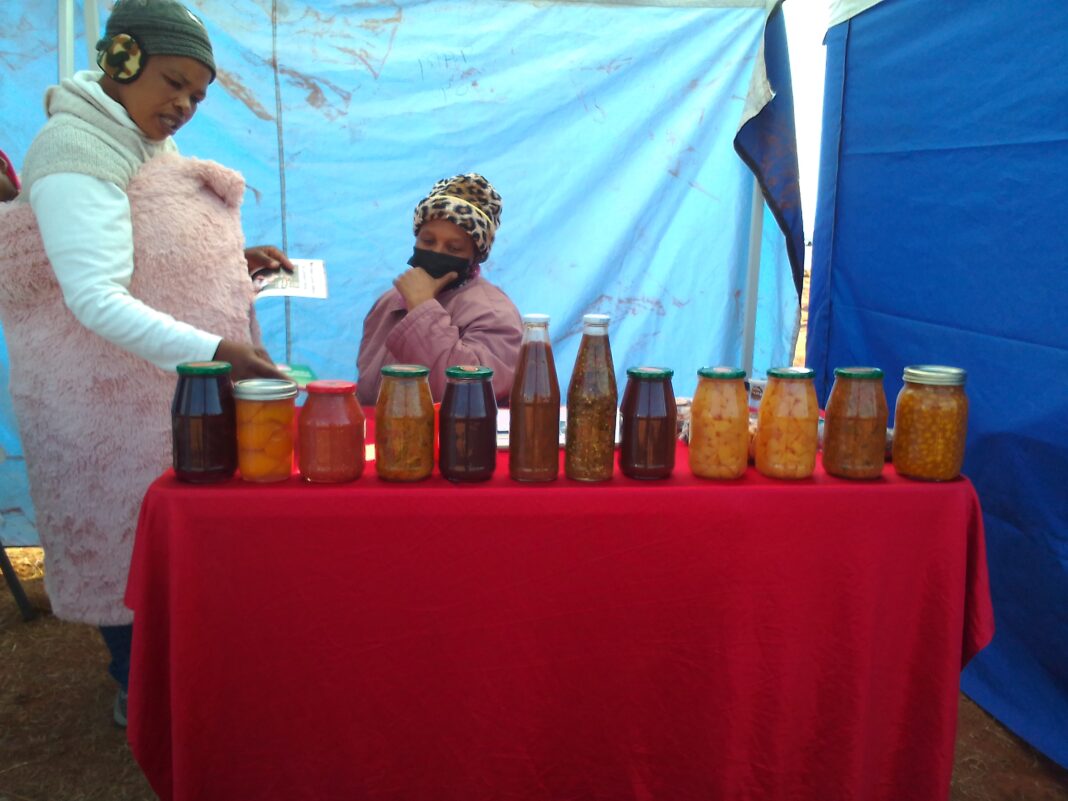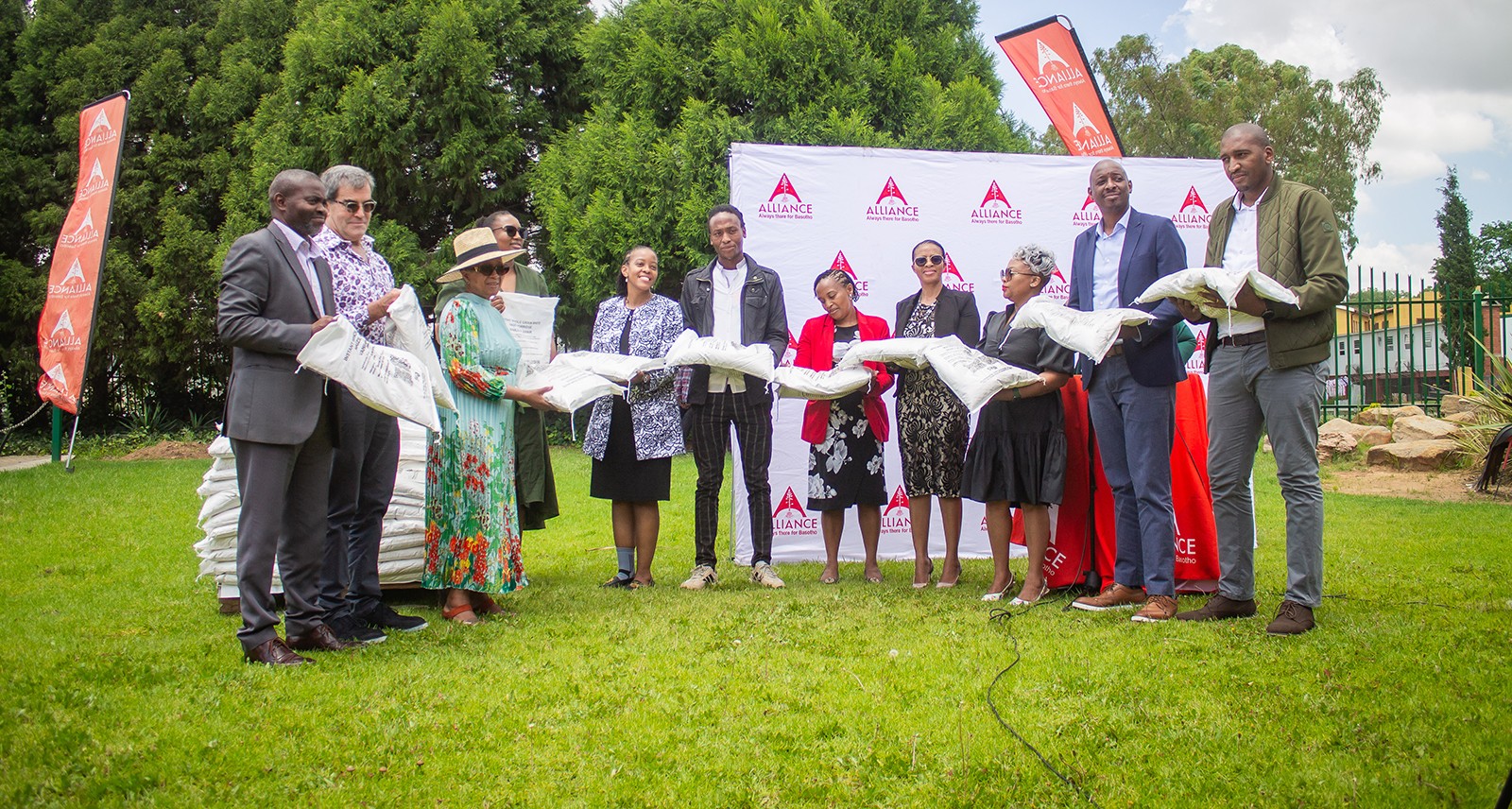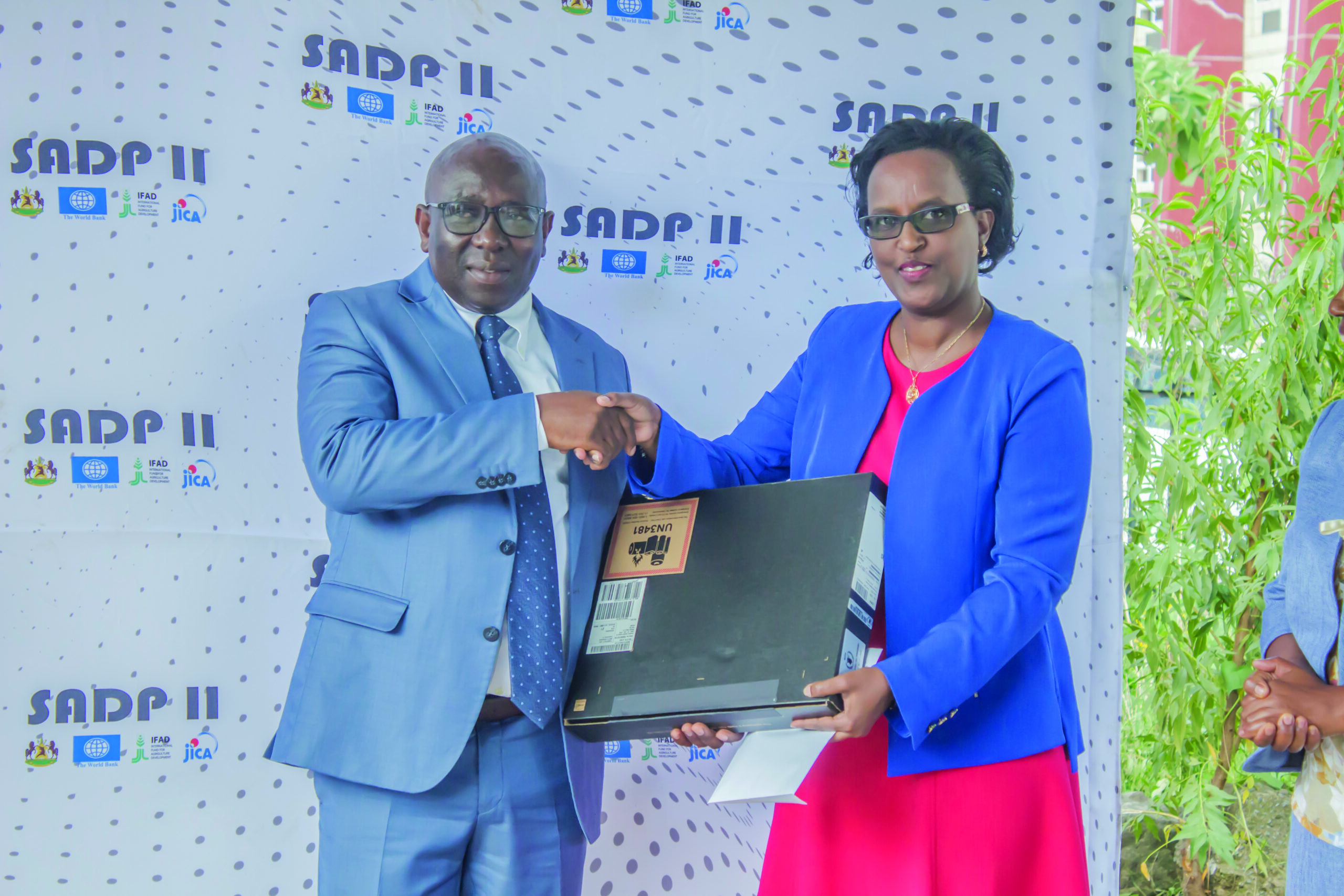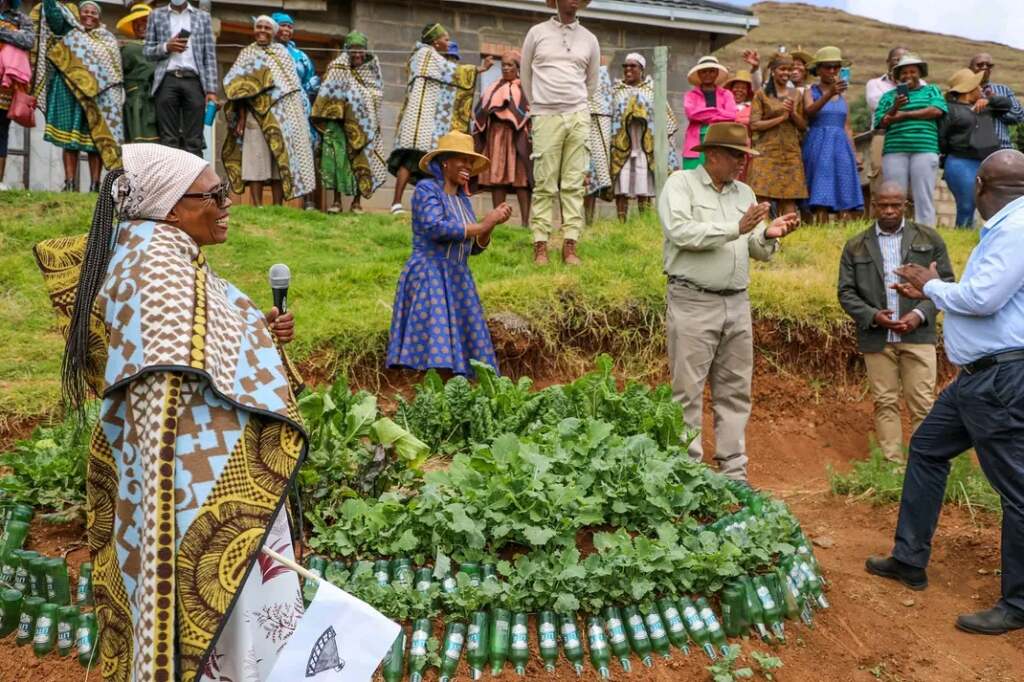Ntsoaki Motaung
The government is concerned about child malnutrition in the Leribe district.
Paballo Piti, the Ministry of Agriculture, Food Security, and Marketing ministry’s area technical officer for nutrition based at the Maputsoe Resource Center, last week said malnutrition hit hardest in Maputsoe.
“Because most of the people come here with their children looking for employment opportunities, they do not have enough time for their families to ensure good nutrition for their children,†Piti said.
“Most of the women leave their children at day-care centres (Metsoetseng) where no one really cares whether they are well-fed,†she added.
Maputsoe has an industrial area and is one of the major urban areas in the country. Piti indicated that most women come to this town to seek employment in the factories.
“In a case where one does not get employed, they continue to stay in rented houses and struggle to put bread on the table for their children. Even those who find employment do not have time to ensure that their children have proper meals because they spend most of the time at work,†she explained.
She said the problem was exacerbating despite the government’s efforts to provide nutrition education to expectant mothers.
Piti explained further that such education was not only provided to women but even to husbands. She said expectant mothers are also encouraged to eat healthy during their pregnancy and after giving birth.
“In terms of malnutrition this area is mostly challenged by stunting,†she said.
She indicated that as one of the interventions, the Ministry of Agriculture, Food Security, and Marketing together with the Ministry of Health sometimes visited day-care centres to provide education to their owners.
“Some of the facilities are not even clean making it hard for the children to maintain a healthy life. The food they are provided to eat during the day does not have all the nutrients needed in a meal,†she said.
Through the same intervention, Piti mentioned that they also visited women in the factories to inform them about how daycare centres could be harmful to their children if they are not well taken care of.
The Village Health Worker (VHW) for Peka Health Centre, ‘Makomane Lipholo, indicated that VHWs also provided education to pregnant women about nutrition.
This, Lipholo said, they did even after the women had given birth until their babies were five years old.
“However we still have a problem of malnutrition, both underweight and overweight. We also provide men with information on how they can take care of their women before and after giving birth to ensure good nutrition for the children,†she said.
Lipholo said it is a well-known fact that job opportunities were scarce in the country but indicated that malnutrition would be reduced if everyone could plant some fruits and vegetables in their fields.
Dr Pusetso Topo, the District Medical Officer (DMO), indicated that the district was faced with both over-nutrition and under-nutrition.
Topo said over-nutrition was dangerous because it exposed people to hypertension and diabetes when the person got older.
“In particular, the area of Maputsoe is giving us problems especially when it comes to under-nutrition. This is because we have places called (Metsoetseng) day-care centres where women leave their young babies when they go to work.
“Some of these babies are left at these centres when they are only one month old. This is because women working in the factories are not given enough time for maternity leave,†he explained.
“We recommend breastfeeding newborns exclusively for the first six months. Women working in the factories do not have that time and their children begin eating solid foods early and that leads to malnutrition,†he added.
Topo said the Catholic Relief Services (CRS), the Ministry of Health, the Ministry of Education and Training, as well as the Ministry of Agriculture, worked together to provide nutrition education about nutrition, especially in the factories.
During the High-Level Dialogue on Nutrition Financing earlier this year, the Member of Parliament (MP), Makhalanyane Mokhothu, said unlike in other countries, about M340 million was allocated to address nutrition in Lesotho.
Mokhothu seemed to suggest that Lesotho was one of the nutrition priority countries.
“There is a specific budget that has been allocated for nutrition in Lesotho unlike in some countries. We have about M340 million of the budget from the government and donors that has been earmarked to address nutrition,†he said.
Speaking during the launch of the dialogue, Nutrition International’s Regional Director for Africa, Dr Richard Pendame, outlined that adolescent nutrition was important because malnutrition was a public health concern that affected over 56 million adolescents living in the ECSA-HC member states.
Pendame said nearly 50 percent of adolescents were stunted, and approximately nearly 30 percent of adolescent girls were anaemic and that impacted their school performance, productivity and their future reproductive health outcomes.








